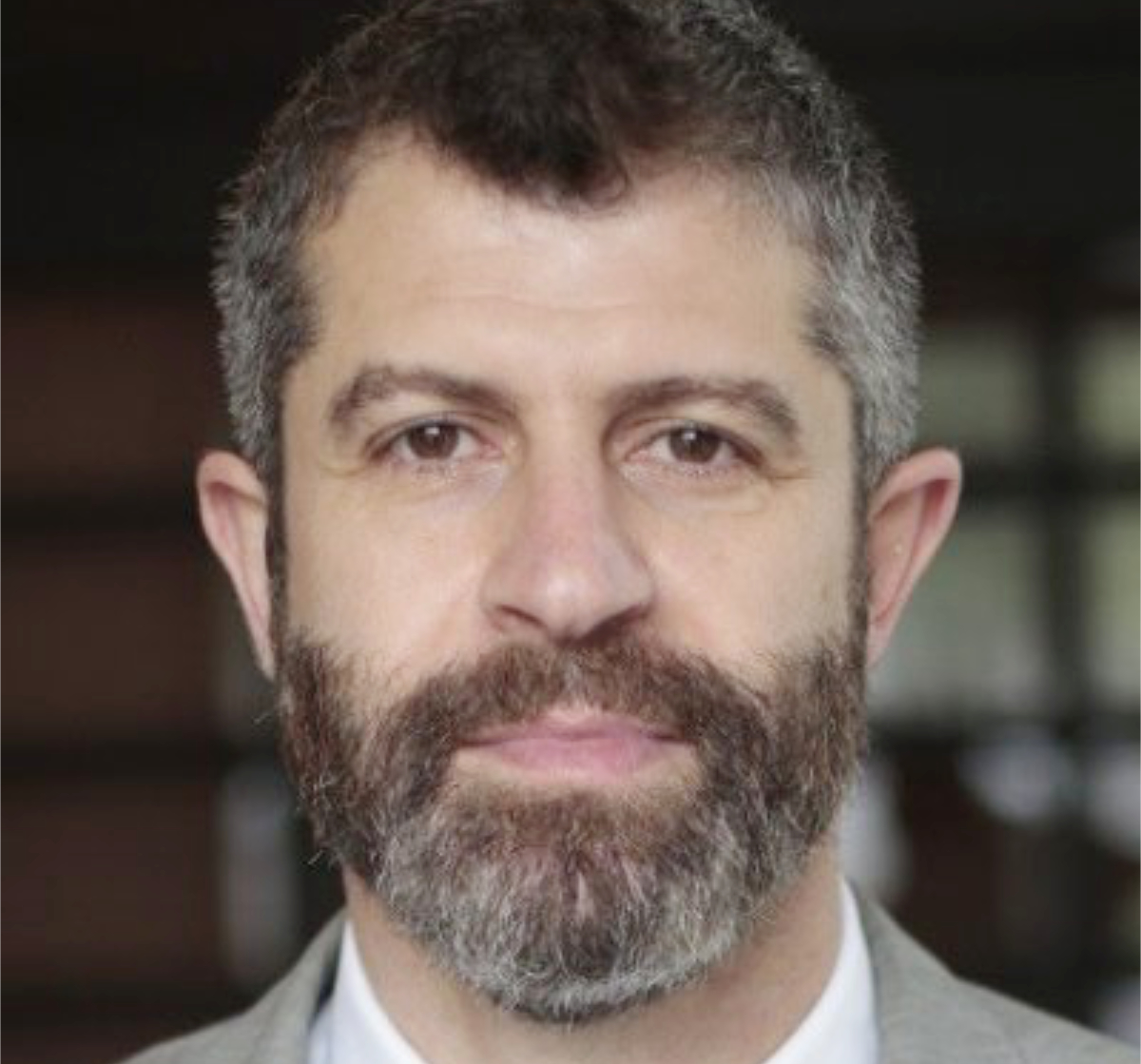WASHINGTON: Last year, President Joe Biden hadn’t even spoken a word at the White House celebration of Ramadan before someone shouted out “we love you.” Hundreds of Muslims were there to mark the end of the holy month that requires fasting from sunrise to sunset.
There are no such joyous scenes during this Ramadan. With many Muslim Americans outraged over Biden’s support for Israel’s siege of Gaza, the White House chose to hold a smaller iftar dinner on Tuesday evening. The only attendees will be people who work for his administration.
“We’re just in a different world,” said Wa’el Alzayat, who leads Emgage, a Muslim advocacy organization. “It’s completely surreal. And it’s sad.”
Alzayat attended last year’s event, but he declined an invitation to break his fast with Biden this year, saying, “It’s inappropriate to do such a celebration while there’s a famine going on in Gaza.”

Wa’el Alzayat. (Twitter @WaelAlzayat)
After rejections from Alzayat and others, he said the White House adjusted its plans on Monday, telling community leaders that it wanted to host a meeting focusing on administration policy. Alzayat still said no, believing that one day was not enough time to prepare for an opportunity to sway Biden’s mind on the conflict.
“I don’t think the format will lend itself to a serious policy discussion,” he said Tuesday afternoon.
The refusal to break bread — or even share a room — with the president is fresh evidence of how fractured the relationship between Biden and the Muslim community has become six months after Israel and Hamas began their current war.
When the Democratic president took office three years ago, many Muslim leaders were eager to turn the page on Donald Trump’s bigotry, including his campaign pledge to implement a ” total and complete shutdown of Muslims entering the United States.”
But now Democrats fear that Biden’s loss of support among Muslims could help clear a path for his Republican predecessor to return to the White House. This year’s election will likely hinge on a handful of battleground states, including Michigan with its significant Muslim population.
“There are real differences between the two,” Alzayat said. “But emotionally, there may be no differences for some folks. And that’s the danger.”
He added, “It’s not good enough to tell people Donald Trump is going to be worse.”
Several Muslim leaders were expected to attend Tuesday’s meeting with Biden, Vice President Kamala Harris, Muslim government officials and national security leaders. The White House did not name them. Some people who had attended events in previous years, such as Mayor Abdullah Hammoud of Dearborn, Michigan, were not invited.
Press secretary Karine Jean-Pierre said “community leaders expressed the preference” of having a “working group meeting,” which she described as an opportunity to “get feedback from them.”
As far as the private iftar, Jean-Pierre said that “the president is going to continue his tradition of honoring the Muslim community during Ramadan.”
No journalists will be allowed to capture either the iftar or private meeting, a change from previous years. Neither was listed on the president’s public schedule.
Outside the White House, activists prepared their own iftar on Tuesday evening in Lafayette Park. Organizers planned to distribute dates, a traditional food for Ramadan, so people can break their fasts at sundown.
The boycotting of Biden’s invitation is reminiscent of a trip that White House officials took to Detroit earlier this year. They faced an icy reception from Muslim American community leaders in the swing state, where more than 100,000 Democratic primary voters cast protest votes for “uncommitted” as part of an organized showing of disapproval for Biden’s approach to the war.
The fighting began on Oct. 7 when Hamas killed 1,200 Israelis in a surprise attack. In response, Israel has killed roughly 33,000 Palestinians. The number comes from Gaza’s Health Ministry. It’s unclear how many are combatants, which Israel accuses of operating in civilian areas, but the ministry said two-thirds of the deaths are women and children.
The Biden administration has continued to approve weapon sales to Israel even as the president urges Israeli leaders to be more careful about civilian deaths and encourages them to allow more humanitarian assistance into Gaza.
Nihad Awad, executive director of the Council on American–Islamic Relations, said he encouraged other Muslim leaders to decline invitations to the White House if they received them.
The message, he said, should be “unless he calls for a ceasefire, there will be no meeting with him or his representatives.”
“I believe that the president is the only person in the world who can stop this,” Awad said. “He can pick up the phone and literally tell Benjamin Netanyahu, no more weapons, just stop it, and Benjamin Netanyahu will have no choice but to do so.”
Awad has previously clashed with the White House over his comments on the Oct. 7 attack by Hamas. Gaza has spent years under an effective blockade by Israel — with help from Egypt — and Awad said he was “happy to see people breaking the siege” so they could ”walk free into their land that they were not allowed to walk in.”
After the comments were circulated by a Middle East research organization founded by Israeli analysts, the White House issued a statement saying “we condemn these shocking, antisemitic statements in the strongest terms.”
Awad called it a “fabricated controversy” and said he had criticized the targeting of Israeli citizens in his same speech.


























